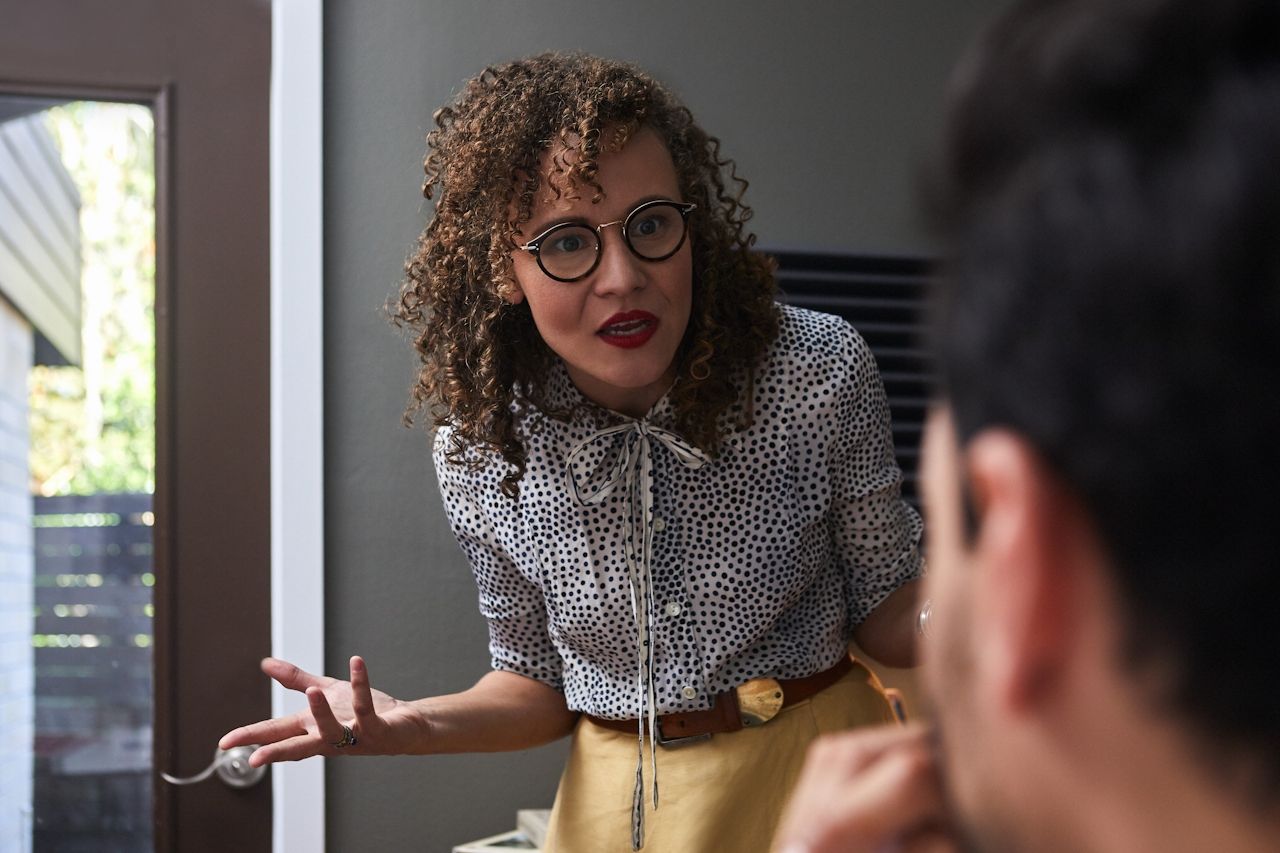Everything You Need to Know About Paralegals
Attorneys need a lot of help when preparing cases and resolving a variety of people’s needs. There is a lot of research, organizing, and behind-the-scenes activities that go into the work we do. We wouldn’t be able to do it without the help of paralegals. But a lot of people wonder, what exactly is a paralegal?
What is a paralegal?
The American Bar Association defines a paralegal as “A person qualified by education, training or work experience who is employed or retained by a lawyer, law office, corporation, governmental agency or other entity and who performs specifically delegated substantive legal work for which a lawyer is responsible.”
In general, paralegals are responsible for organizing, evaluating, analyzing, and communicating legal concepts. All of these tasks are done under the direct supervision of attorneys. If you are thinking about becoming a paralegal, make sure you check your state regulations.
How to Become a Paralegal in NC
The North Carolina State Bar created the Plan for Paralegal Certification in order to help sustain the industry of paralegals in North Carolina through certifications. The certification process includes meeting certain educational standards and passing exams made by the NCSB. After being certified, they will receive one of the following titles:
- NC Certified Paralegal

- NCSB Certified Paralegal
- Paralegal Certified by the NCSB Board of Paralegal Certification
Educational requirements include an associate, bachelor’s, or master’s degree in paralegal studies. Other law school degrees qualify such as a Juris Doctorate degree. The certification process can’t begin without an educational background.
It is legal to work in North Carolina as a paralegal without having the certification, but the certification is highly recommended. Many paralegals find that having a certification helps them be competitive while searching for a job.
What does a paralegal do?
The daily work of a paralegal can vary depending on the attorney’s office of which they are employed. The majority of paralegals spend most of their time doing the following:
- Case planning and development
- Scheduling deadlines
- Drafting/filing documents
- Fact-checking
- Researching and analyzing
- Contacting clients
The daily routine of paralegals is not limited to this list. Attorneys may hire paralegals to do much more including locating witnesses, assistance in trials, and case management.
What we do wouldn’t be possible without the help of paralegals, and we thank our team for their hard work!


